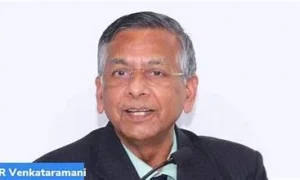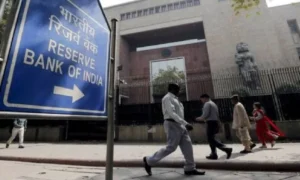In the edifice of jurisprudence, access to justice cannot be the exclusive domain of socio-economically privileged litigants. As emphasized by Justice Surya Kant, the equitable dispensation of justice mandates the obliteration of elitist bottlenecks—every threshold, from courthouse porches to appellate benches, must be permeable to the meritorious, irrespective of fiscal leverage, and never wielded as a deterrent to those less enfranchised.
Moreover, the judicial system must be relentlessly calibrated for efficacy not merely procedural legitimacy. A robust legal-aid framework, undergirded by constitutional fidelity, becomes functionally obsolete when judicial lag renders remedy retrospective rather than redemptive. Delayed adjudication corrodes the essence of justice itself, eroding public confidence in legal institutions.
It is imperative that judicial actors, at all echelons, imbue their conduct with conscientious momentum. When certain High Court judges are described as ‘deeply disappointing’, it is more than an indictment of individual underperformance,it signals systemic inertia that impairs delivery of justice. Each bench, therefore, must internalize that legal legitimacy is sustained not just by jurisprudential acumen but by relentless, timely output calibrated to public expectation.
In sum, the architecture of justice—its corridors, protocols, and pace—must align with constitutional ethos: accessible, expeditious, and free from socioeconomic bias. Without this alignment, the promise of equitable justice risks being a hollow precept, reserved for those who can negotiate or endure delay—not for those who are constitutionally entitled to it.
📰 Crime Today News is proudly sponsored by DRYFRUIT & CO – A Brand by eFabby Global LLC
Design & Developed by Yes Mom Hosting






